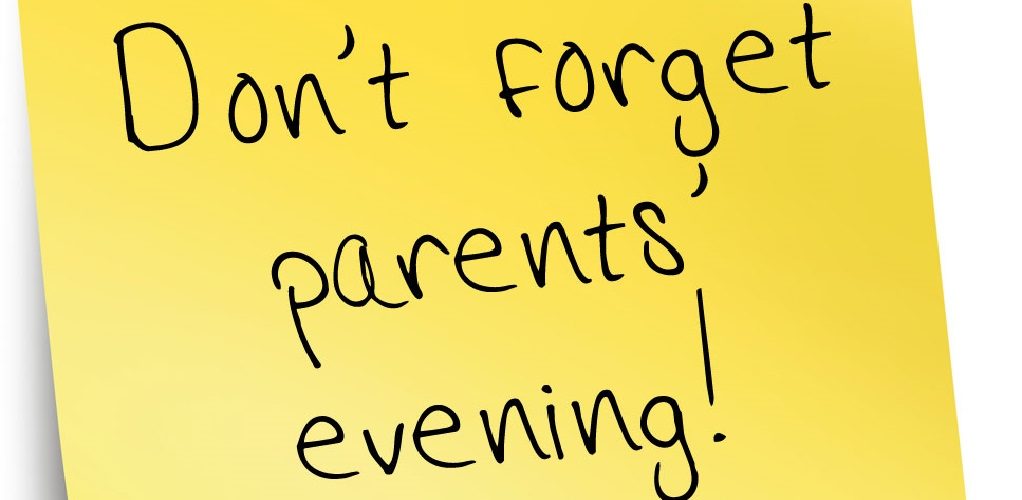Science
The science curriculum at Harris Academy Rainham has been designed to take students on a spiral journey through the world of science.
Further details of the curriculum can be found in the documents downloadable from the bottom of this page.
The curriculum focuses on the three main assessment objectives of Knowledge, Understanding and Application - incorporating these into practical work including experimentation and investigation.
Through this, we will develop young minds to be logical, enquiring and critical. The study of science at Harris Academy Rainham will give the students the ability to be critical, to seek out evidence for claims and theories, to expose the truth, and develop society for the better.
Throughout the years and in each of the three disciplines, students study a spiral curriculum that builds on scientific knowledge gained from primary education and continuously revisits concepts and theories, deepening students’ understanding as they move towards GCSEs and beyond.
There is a danger that students can complete KS3 with knowledge of individual concepts but lack the understanding to apply their knowledge to unfamiliar contexts. Proudly, our curriculum provides students with this understanding. We use the the big ideas principle - in other words, the generalisations, principles and models which connect concepts are at the heart of our curriculum. We believe this is how students learn to see the world analytically, to explain phenomena and make predictions – all skills they need for their next stage of scientific learning.
Our curriculum complements the programme of study by exploring links between the ideas at KS3. Content is under ten 'big idea' headings:
- Forces
- Electromagnetism
- Energy
- Waves
- Matter
- Reactions
- Earth
- Organisms
- Ecosystems
- Genes.
Students will develop an understanding of a big idea by multiple interactions with the concepts within the idea. By connecting smaller ideas to more abstract ideas, students will be better prepared to apply these concepts when approaching an unfamiliar topic. Each big idea topic contains four smaller topics, two taught in Year 7 and two in Year 8, that build in complexity. These have been created to avoid repetition but ensure interleaving, draw on various scientific skills and using different contexts.
Students’ KS3 experience will culminate in the opportunity to take part in a series of enquiry-based learning experiences. Students have the opportunity to put into practise their cumulative experiences in order to complete investigations that will make their knowledge gained from KS3 concrete and build on that knowledge as an introduction to the GCSE content.
GCSE content is based on the AQA Combined Science and Separate Science schemes of work where students complete topics across all scientific disciplines. This builds on their knowledge, enquiry skills, maths skills and understanding gained form KS3.
The study of science provides many opportunities to develop students’ knowledge beyond the bounds of the curriculum and these opportunities are incorporated into our curriculum so that students are better equipped to make a contribution to the world they live in both at a local and potentially at a global level.


















